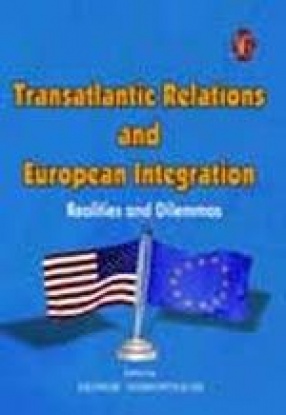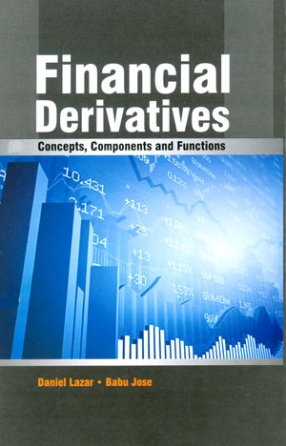The Cold War fortified the transatlantic community in the presence of a commonly perceived military threat, as Europe found in America an ally expressing a reliable casus foederis. Yet, the post-Cold War new world order envisaged in the early 1990s illustrated that European and American interests are dissimilar. The painstaking course to European integration resulted in Europe becoming a civilian power with limited intrusive and regulatory capabilities, structural power and exposed its inability to advance alternative views of the world. Europe has not strategically matured as it heavily relied on American “persuasive credibility†and eventually failed to conceptualize itself as a primus inter pares world player. At the same time, American interests were re-orientated in geopolitical crossroads with inherent importance to apply American grand strategy built on a strictly positivist view.
ABOUT THE AUTHOR George Voskopoulos
George Voskopoulos is an Assistant Professor at the University of Macedonia, Thessaloniki, Greece, Department of International and European Economic and Political Studies. He has been an Associate Research Fellow at the Luxembourg Institute for European and International Studies and has held teaching and research positions in the area of international politics and European studies in Bulgaria, Luxembourg and Greece. He has authored and co-authored articles and monographs published in journals in Greece, the US, Poland, the Czech Republic, Italy and Bulgaria and presented conference papers at numerous international fora. His latest publications include Defence and Strategic Planning Parameters, Kiromanos, Greece, 2006, Greek Foreign Policy, from the 20th to the 21st Century, Papazisis, Athens, 2005, American Politics and Government in Focus (co-edited with James Mitchell), Vol. 2, Whittier Publishers, New York, 2004, “Post-Cold War Common Foreign and Security Policy of the EUâ€, Evropa, Polish Institute of International Affairs, Warsaw, TOM 4, N.2 (11), 2004, “Political Socialization as a Means of Consolidating Pluralism and Democracy in South East Europeâ€, in Slobodan G. Markovich/Eric Beckett Weaver/Vukasin Pavlovic (eds.), Challenges in the New Democracies in the Balkans, Anglo-Yugoslav Society and University of Westminster-UK, Belgrade 2004, “US, Terrorism, International Security and Leadership: Toward a US-EU-Russia Security Partnershipâ€, Demokratizatsiya, Washington D.C., Vol. 11, No.2, Spring 2003, “Western Europe and the Balkans: A Geo-Cultural Approach of International Relationsâ€, Perspectives, Institute of International Relations, Prague, n. 17, Winter 2001/2002. G Voskopoulos holds a PhD from Exeter University (UK), Centre for European Studies. His doctoral thesis titled “Greece, Common Foreign and Security Policy and the European Union: Interaction Within and Between a Zone of Peace and a Zone of Turmoil as an Explanatory Factor†focused on the institutional, structural and ideological problems for the application of a common foreign and security policy during the early decommunisation process in south-eastern Europe. He holds an MA in International Relations and Strategic Studies from the Department of Politics and International Relations, Lancaster University (UK), a BA from Brock University, Canada, and a BA from Ionian University, Greece.





There are no reviews yet.